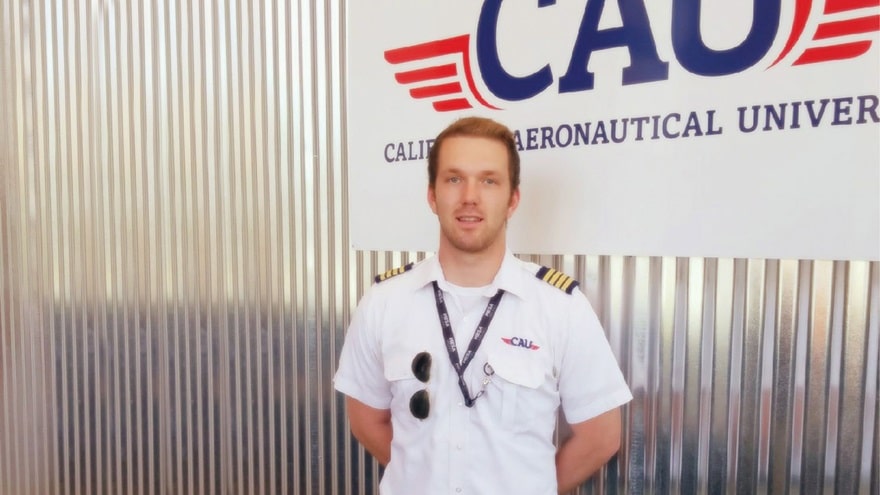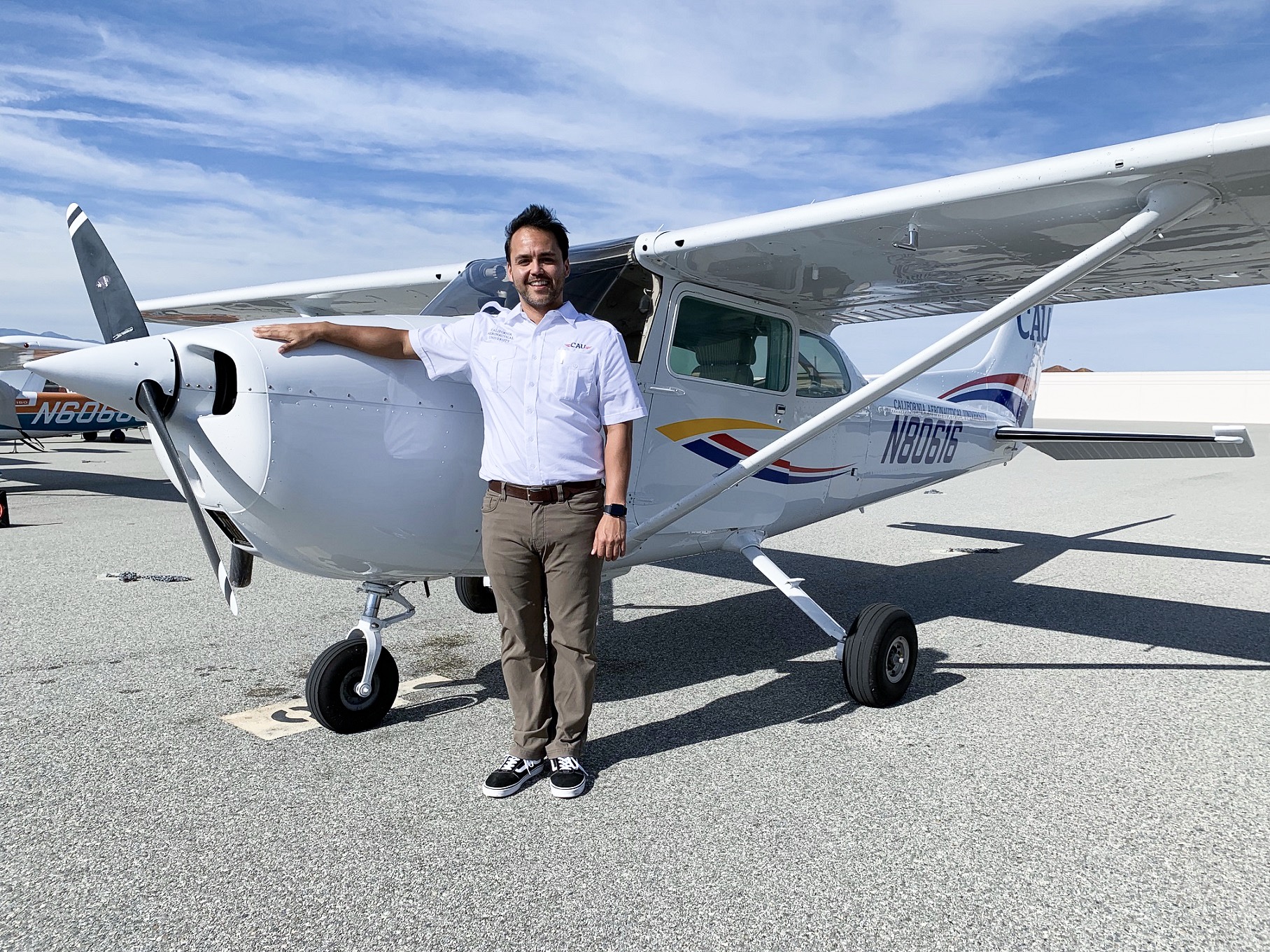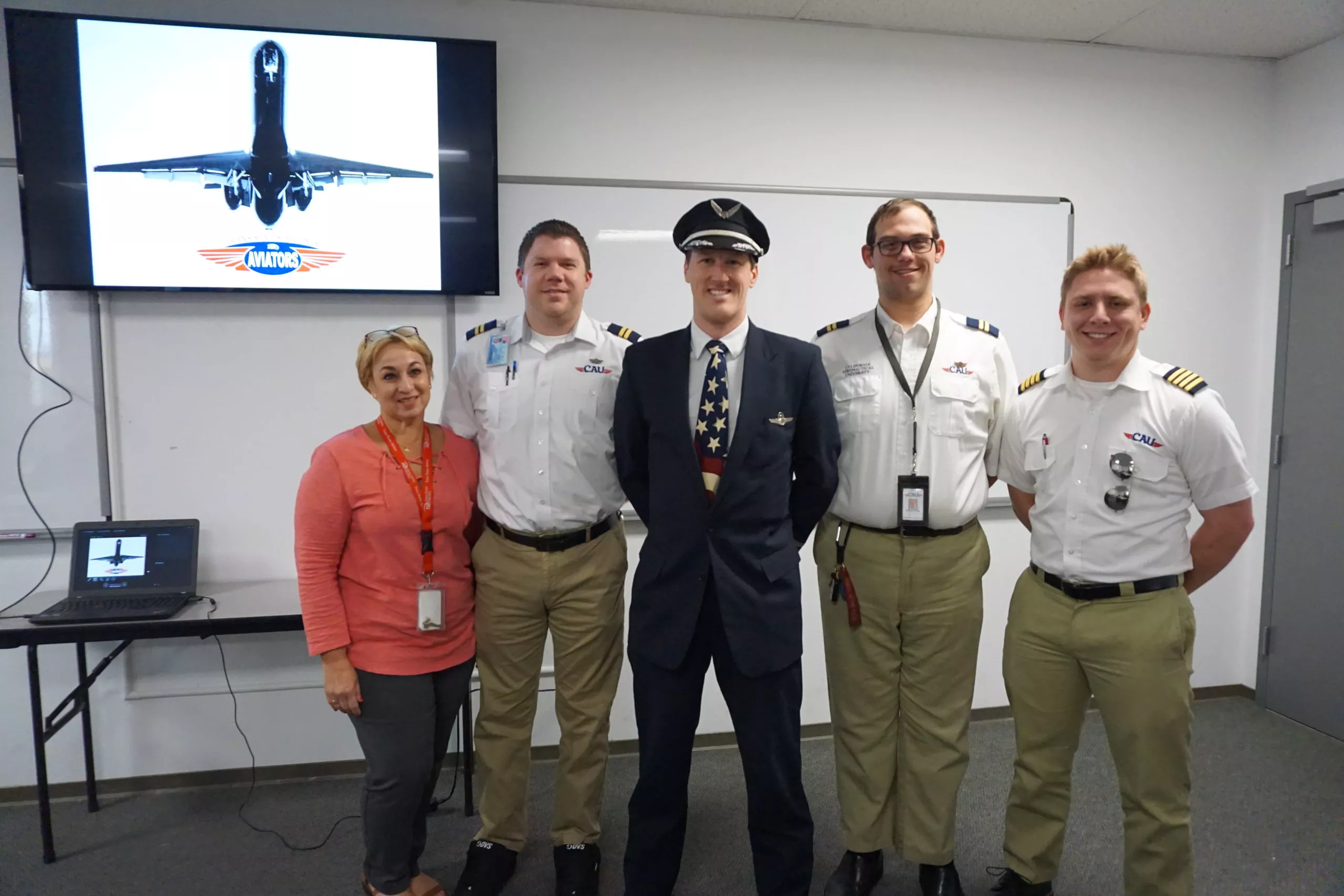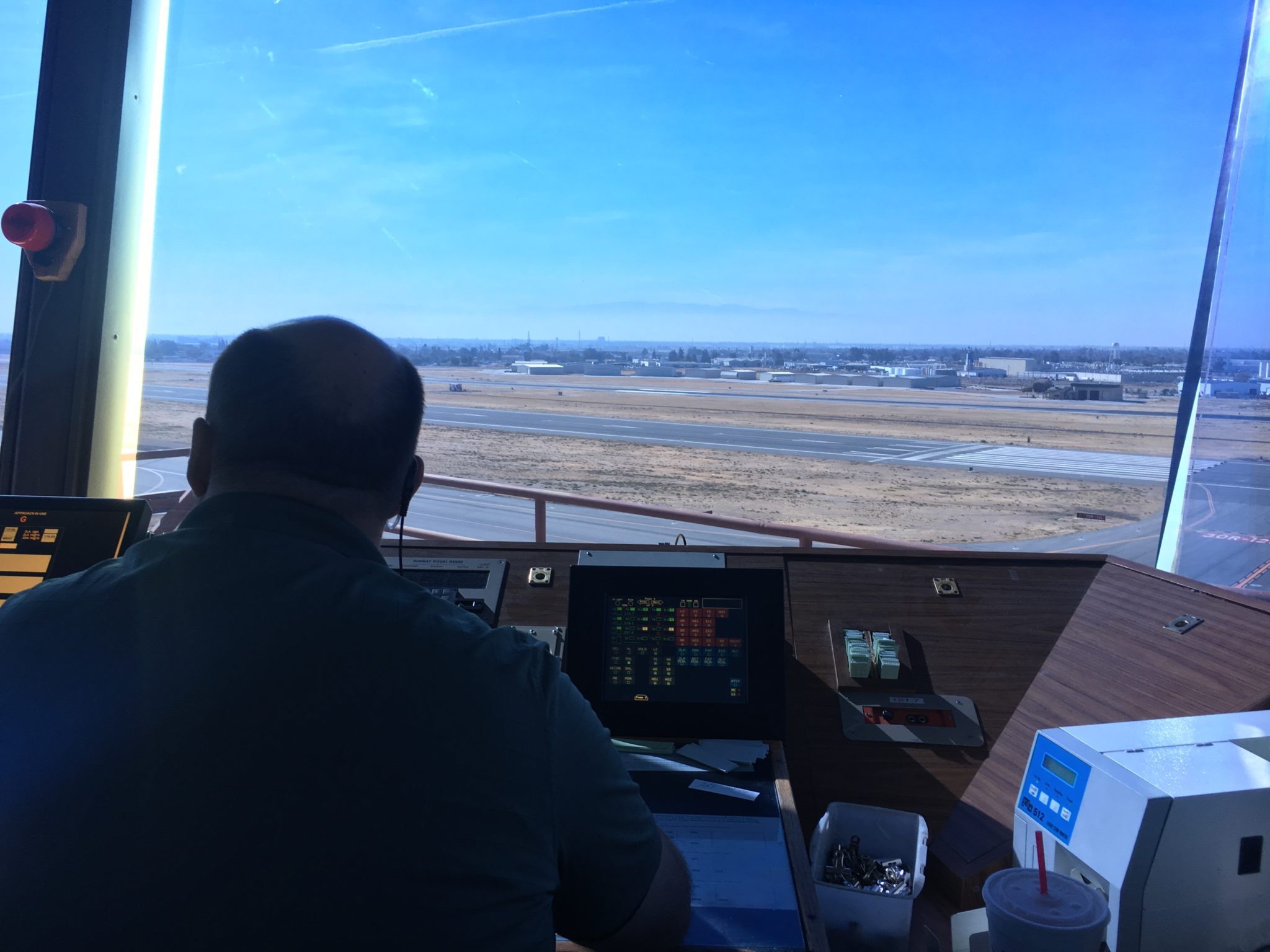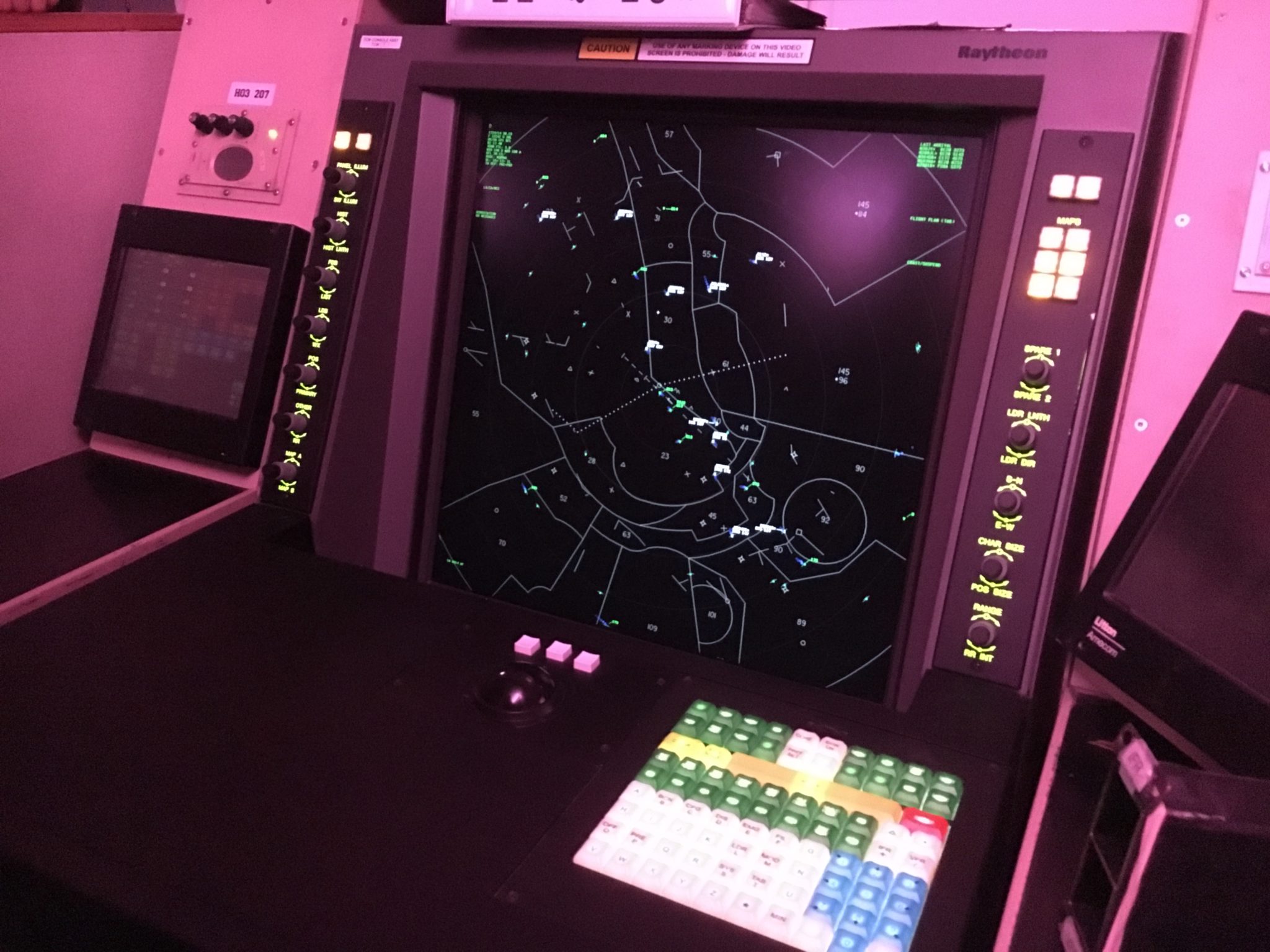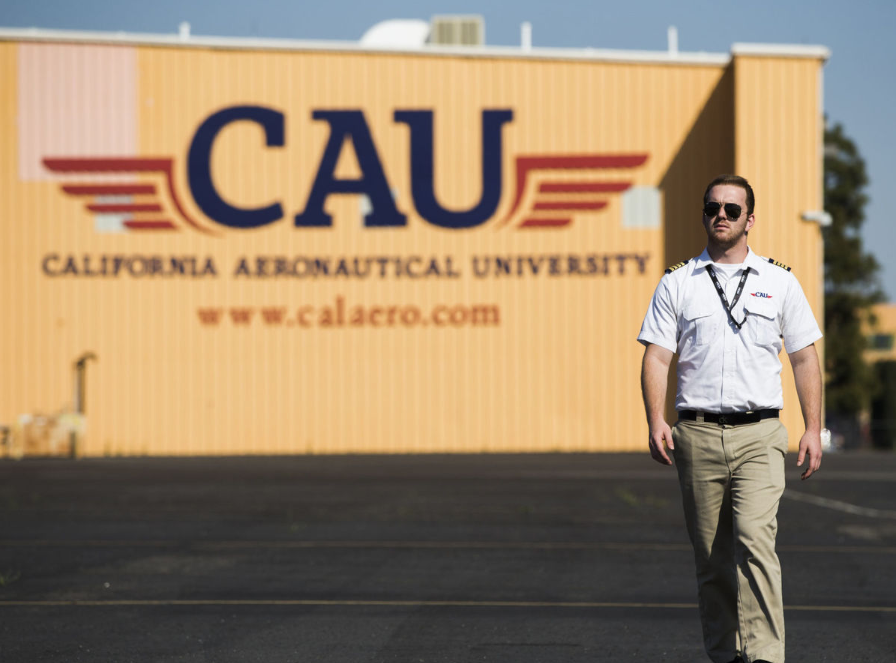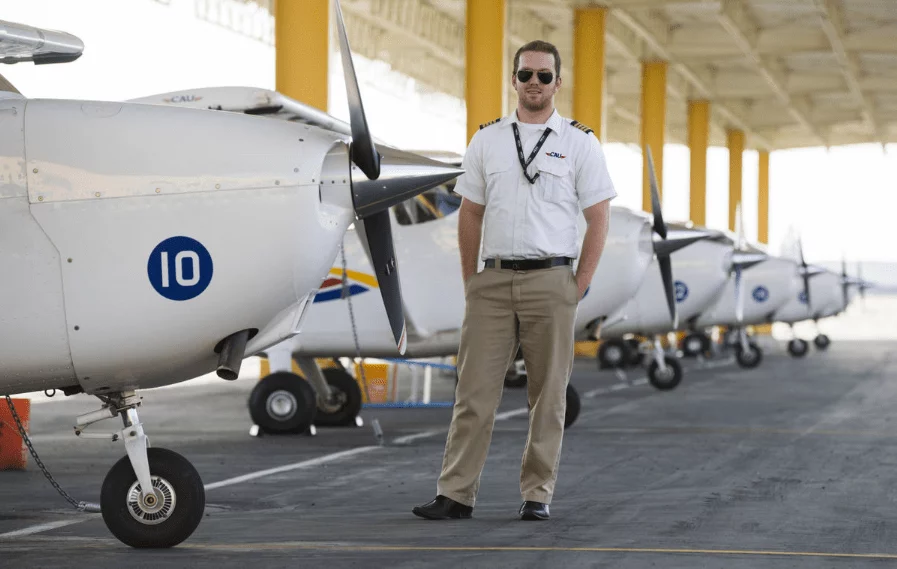As its name suggests, the role of someone in aviation management is to oversee operations – and their facilities – as they pertain to aviation. With a bachelor’s degree in this specialty, you may find a position in various areas of the field, such as air traffic control, aviation maintenance, avionics technology, flight, and more.
For those individuals with an interest in aviation and a willingness to lead, an aviation management degree may be a good fit. Of course, before getting started on your educational journey, it is always a good idea to make sure that your educational and career goals are in alignment.
Below you will find 10 career opportunities that may be available for an aviation management degree – and what their responsibilities may entail. Keep in mind that this is a very general outline of potential career opportunities and that every experience may be different, including which position may be available and the job duties it may entail.
1. Airline Manager
Could you see yourself managing an airline, whether big or small? While it will depend on the size of the company, this could mean managing anywhere from a few to hundreds of employees.
Airline managers are often responsible for all areas of the airline. It could involve the physical aspects of caring for the fleet, such as obtaining any certifications and making sure that the testing and maintenance are taken care of. Record management, inspections, managing schedules, writing reports, and handling the staff are other potential duties of an airline manager.
2. Aviation Manager
The role of an aviation manager is a big one. With a minimum of a bachelor’s degree, an aviation manager will oversee all aspects of an aviation department. They will work closely with the Federal Aviation Administration (FAA) to make sure everything is in compliance with all federal regulations.
An aviation manager maintains records, oversees the routine maintenance of aircraft, and deals with the staffing of the airport – and all that goes along with it.
3. Airport Manager
Unlike an aviation manager who focuses on airplanes, an airport manager makes sure that the facility itself is running properly. It, too, requires compliance with the FAA and the airport manager makes sure that all regulations are met.
This role also involves handling contracts with vendors and various airlines that utilize the facility and overseeing its successful operation – including any remodeling or upgrades that take place to increase efficiency.
4. Airline Consultant
An airline consultant is one that airport and aviation managers turn to in order to boost their levels of efficiency, streamline their operations, and make sure they have the proper policies in place.
These consultants evaluate the way a particular facility is running, studying outcomes and reports to find ways to make it better. In other words, helping their clients cut costs and boost revenue without risking safety or service quality.
Consultants can be found in all sorts of industries, including the aviation industry.
5. Safety Manager
A safety manager is always the one looking out for the safety of others. In this instance, that includes the employees, the travelers, and everyone who has anything to do with the facility.
There are many laws and regulations that must be adhered to, as well as certain policies and procedures that need to be followed. The safety manager ensures that this is done successfully by performing routine inspections, properly training employees in safety methods, and taking action when needed to keep everyone safe.
6. Vendor Relationship Manager
Vendors play a large role in many different aviation operations. And the vendor relationship manager is often the point of contact with form and nurture the relationships with vendors. This often means being willing to negotiate contracts on behalf of the organization, making sure that the vendor upholds their end of the deal, ensuring they are paid in a timely manner, and so on.
Being personable is a necessary trait for this role as you find the best deals – and the best quality service – from the many vendors out there.
7. Airport Executive
When a decision needs to be made at an airport, all attention can fall on the airport executives. Consider them the airport decision-makers. They handle everything from contract negotiations, financial decisions, operational changes, airport growth and construction, and the like.
An airport executive may be the chief executive officer (CEO), the chief financial officer (CFO), or the chief operating officer (COO).
8. Aviation Screening Officer
Security screening has become a major focus at airports around the world. An aviation screening officer is one who conducts security screenings, taking full advantage of all the equipment used to get the job done. This includes x-ray machines and handheld scanners. This is all done in compliance with protocols set forth by the Transportation Security Administration (TSA).
The main goal of an aviation screening officer is to enforce rules and address any potential security risks.
9. Airport Operations Coordinator
Airport operations coordinators keep the flow of an airport moving according to organizational standards. There are many people in and out of an airport every day and many actions take place. The person in this role works to make sure that the airport policies are in place that allow everything to happen smoothly.
Routine inspections both inside and outside the airport are also conducted to remove any hazards – and keep everyone safe.
10. Marketing Manager
Marketing managers oversee the marketing departments at airports. Their team creates marketing campaigns and develops marketing strategies – and a marketing manager makes the final decisions. They have a lot of interaction with different vendors and other higher-ups within the organization, such as the executives and stakeholders.
Marketing managers can play a large role in the future success of an aviation organization. Having in-depth knowledge of the industry is key to taking campaigns to new heights.
The Wrap Up
It is evident that a degree in Aviation Management is very versatile, providing a variety of pathways to different areas within the field. Pair the degree with your strengths and interests to find the best position for you.
California Aeronautical University offers aviation business programs at the bachelor’s and master’s degree levels. Contact us today to see if our programs can help you reach your career goals.
Ready to soar in your aviation career?
Mr. Matthew A. Johnston has over 23 years of experience serving various roles in education and is currently serving as the President of California Aeronautical University. He maintains memberships and is a supporting participant with several aviation promoting and advocacy associations including University Aviation Association (UAA), Regional Airline Association (RAA), AOPA, NBAA, and EAA with the Young Eagles program. He is proud of his collaboration with airlines, aviation businesses and individual aviation professionals who are working with him to develop California Aeronautical University as a leader in educating aviation professionals.


